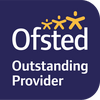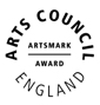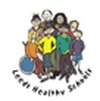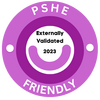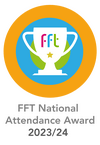Pupil Voice
As a school, we believe that pupils should be deeply involved in their learning, including when it comes to decision making. Our aim is that all pupils should feel they are an integral part of school and not that school is done to them. Therefore, we regularly talk to pupils to get their perspective and ideas. Most importantly, we act upon what pupils say, so their voices really do make a meaningful difference.
Click here for the results of the Pupil survey - July 2025
Further examples of Pupil Voice at Talbot
Pupil Voice is integral to the way school operates. As well as regular surveys, there are numerous other examples of where we seek the views of our pupils. Here are a few examples:
- The Senior Leadership Team, Phase Leaders and Subject Leaders routinely seek the perspective of pupils, when monitoring and evaluating their individual areas of responsibility. The pupils’ views form a vital strand of the evidence in the reports that are written, and they have a direct baring on the decision making process. This includes the effectiveness of our safeguarding procedures.
- The School Council meet routinely to represent the views of their classmates. They have been instrumental in making a range of suggestions, e,g., about new playtime equipment and how to make dinner times better, and/or having a voice on important decisions, e.g., the design of the outdoor area and the new school libraries.
- Working parties, in particular those focusing on how children feel safe and how they can develop pupil-friendly versions of key policies, such as Behaviour and Anti-bullying, are very important in ensuring that as a school we continue to meet the needs of all our children. The children recently helped to devise a child-friendly Behaviour policy.
- Pupil voice is also considered in regard to teaching and learning initiatives: pupils have designed the Growth Mindset learning journeys, Growth Mindset champions and villains, online safety character, made suggestions about the homework policy and give feedback during the recruitment of teachers.
- Children who have Special Educational Needs or a Disability have Pupil Passports. This is an A4 summary describing the pupil and how they can best be supported with their learning. Crucially, this information is produced by the pupil themselves. We then encourage them to share their passports with relevant staff, such as support assistants and supply teachers, so that they can help them access lessons more effectively.
- We have also regularly sought the views of our children as part of our Year 5 Health and Relationship Education programme.


